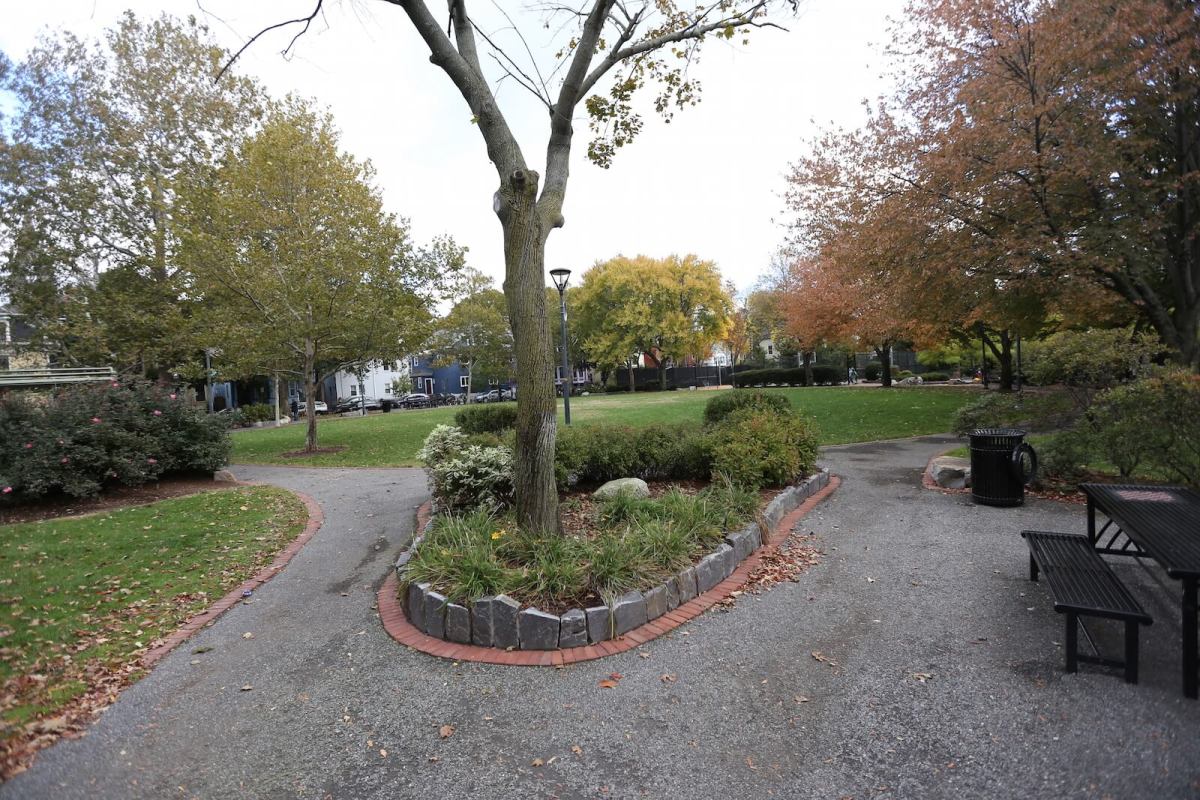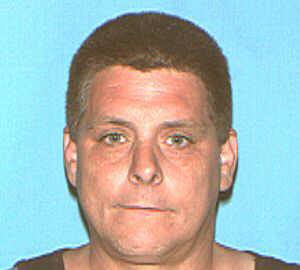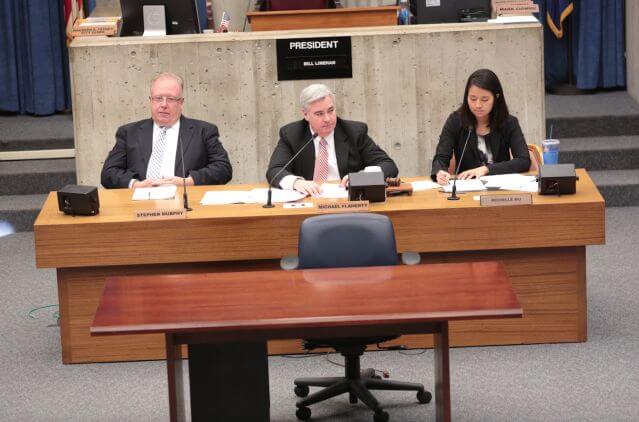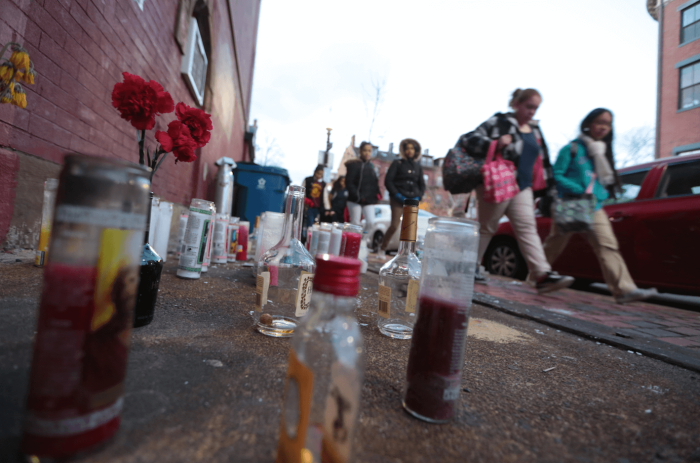A college professor’s open letter to a suspicious neighbor was a mini sensation online this week.
In the message, published in the Cambridge Chronicle, David Updike addressed a woman who called police when she saw him carrying a camera in Dana Parknear his home in September. She reportedly suspected he was taking pictures of children. He wasn’t. But as a result, six officers confronted the neighborhood resident of 30 years, questioned him for 20 minutes and searched his phone for incriminating images, according to Updike’s account. It was humiliating, he said. “Suggestion: the next time you suspect someone is up to no good, perhaps you should say hello,” Updike wrote. “That’s what people do in a neighborhood park: talk to each other.”
RELATED: Philly photographer releases 10 years of LGBTQ youth portraits Updike’s appeal to the anonymous tipster quickly generated scores of comments on the paper’s website. On Reddit, there were more than 200 more, plus 1,000 “upvotes.” The conversation among commenters from several cities was largely about knowing your rights about handing over devices to police. Reached by phone this week, Updike said that was never his intent, and said he never expected so many people would want to weigh in. “I’m such a Luddite I forgot about the whole Internet thing. I thought this was just going to be a short letter in the paper,” he told Metro. “My hope was just that she would either read the letter or find out about it and just be more prudent in the future when she’s calling the police.” Both Updike and Cambridge police said they had productive talks since the incident. Updike said he was satisfied with how it was handled and wouldn’t pursue legal action.
An internal review found the involved officers acted appropriately, CPD spokesman Jeremy Warnick said, adding that officers receive training on camera-related issues.
RELATED:Photographer captures lights and shadows of Boston’s West End He said such a large group of officers confronted Updike only because they all happened to be in the area at the same time.
In general, though, the challenge for many photographers is that they are frequently confronted by police or suspicious bystanders, but often don’t know their rights, said Sarah Wunsch, deputy legal director at the American Civil Liberties Union of Massachusetts. For example, you’re allowed to refuse to let officers search through your phone or camera without a warrant, she said, but under pressure not everyone does.
“Under those circumstances, you’re sort of taken aback and you sort of just say, ‘Sure, here’s my phone,’” she said.
Updike told Metro he gave police consent to look through his flip phone, but also said he just wanted the ordeal of being surrounded by police — he said in his letter he felt “humiliation and degradation” — to be over. RELATED: Trial begins for photographer arrested after taking pictures of cops Although it was “embarrassing” for Updike, the case shouldn’t discourage people from alerting authorities if someone is acting suspiciously around kids, said Nancy McBride of the National Center for Missing and Exploited Children. “I’m not in any way condemning the person who called the police,” she said. “She was following her instincts.”
Updike, an English professor at Roxbury Community College and children’s book author, is also the son of famed American writer John Updike.
Viral open letter put Cambridge professor in camera rights spotlight

NICOLAUS CZARNECKI/METRO


















